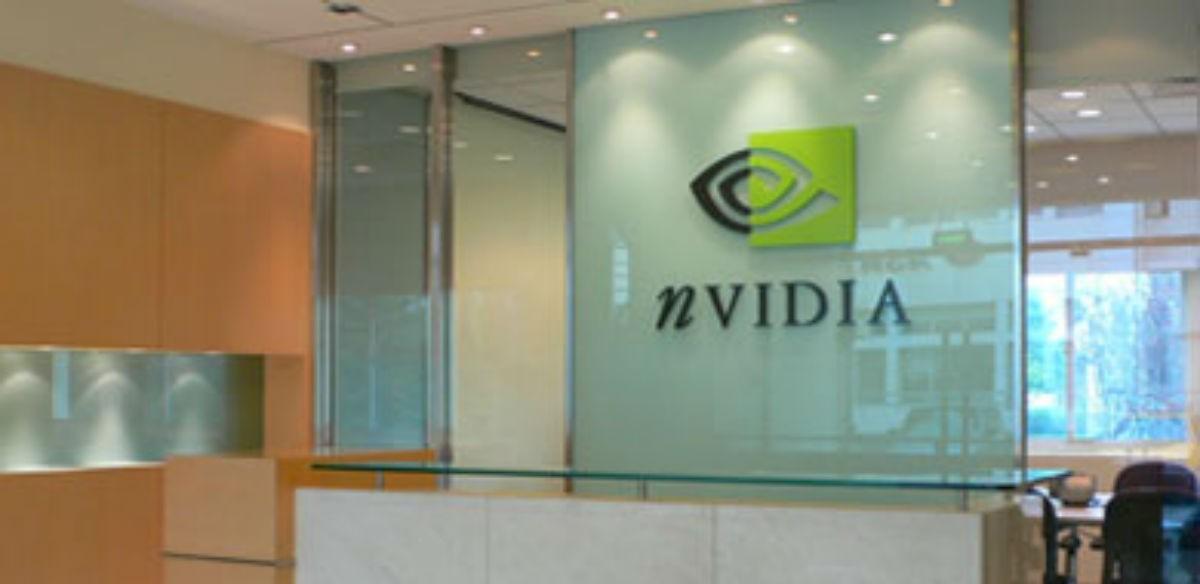NVIDIA today announced the NVIDIA Morpheus application framework, which provides cybersecurity partners with a complete suite of accelerated AI skills that detect and prevent security threats as they happen.
NVIDIA Morpheus is a cloud-native cybersecurity framework which uses machine learning to identify, capture and take action on threats and anomalies that were previously impossible to identify, including leaks of unencrypted sensitive data, phishing attacks and malware. Deploying Morpheus with security applications takes advantage of NVIDIA AI computing and NVIDIA BlueField-3 DPUs to provide users the ability to protect their data center from its core to the edge.
Morpheus, when combined with BlueField DPUs, enables every compute node in the network to serve as a cyber-defence sensor at the edge, letting organizations analyse every packet with line-rate speed without data replication. In contrast, traditional AI security tools typically sample around five percent of network traffic data, leading to threat-detection algorithms based on incomplete models.
“Zero-trust security models demand we monitor every transaction in the data centre in real time. This poses a significant technical challenge – needing to sense intrusion within the server, detecting threats immediately, and operating at the data rate of modern data centres,” said Jensen Huang, founder and CEO of NVIDIA.
“NVIDIA Morpheus combines Mellanox in-server networking and NVIDIA AI to do real-time, all-packet inspection to anticipate threats and eliminate them as they arise.”
Morpheus applies real-time telemetry, policy enforcement and processing at the edge coupled with AI to analyze more security data without sacrificing cost or performance. Developers can also create their own Morpheus AI skills using deep learning models, leveraging existing IP investments.
AI-Enabled Security Ecosystem
Leading hardware, software and cybersecurity solutions providers are working closely with NVIDIA to optimize and integrate data center security offerings with the NVIDIA Morpheus AI framework. This includes industry leaders ARIA Cybersecurity Solutions, Cloudflare, F5, Fortinet and Guardicore, along with hybrid-cloud platform providers Canonical, Red Hat and VMware.
“Defending complex and evolving environments requires constant visibility,” said Adam Mishler, chief information security officer at Best Buy.
“Providing real-time, dynamic network maps will help identify areas where we can further strengthen our posture and serve as a foundation for enhancing ML-based anomaly detection. The NVIDIA Morpheus framework helps provide a flexible and scalable platform for anomaly detection capable of adapting with the ever changing cyber-threat landscape.”
Additionally, Morpheus is optimized to run on NVIDIA-Certified Systems from the world’s leading server manufacturers, including Atos, Dell Technologies, GIGABYTE, H3C, HPE, Inspur, Lenovo, QCT and Supermicro.
“With a rapidly expanding attack surface, our tools for advanced detection at the edge are becoming increasingly important,” said Aaron Sant-Miller, a chief data scientist at Booz Allen Hamilton.
“We’ve partnered with NVIDIA to design, develop and deliver portable cyber AI tools that address this need. Morpheus is the foundation for our Cyber Precog Flyaway Kit, an AI-enabled cyber-hunt platform that packs data centre compute into a small, ruggedized GPU form factor.”
Networking and cybersecurity developers, software partners, start-ups and computer manufacturers can apply now for early access to the NVIDIA Morpheus platform.



